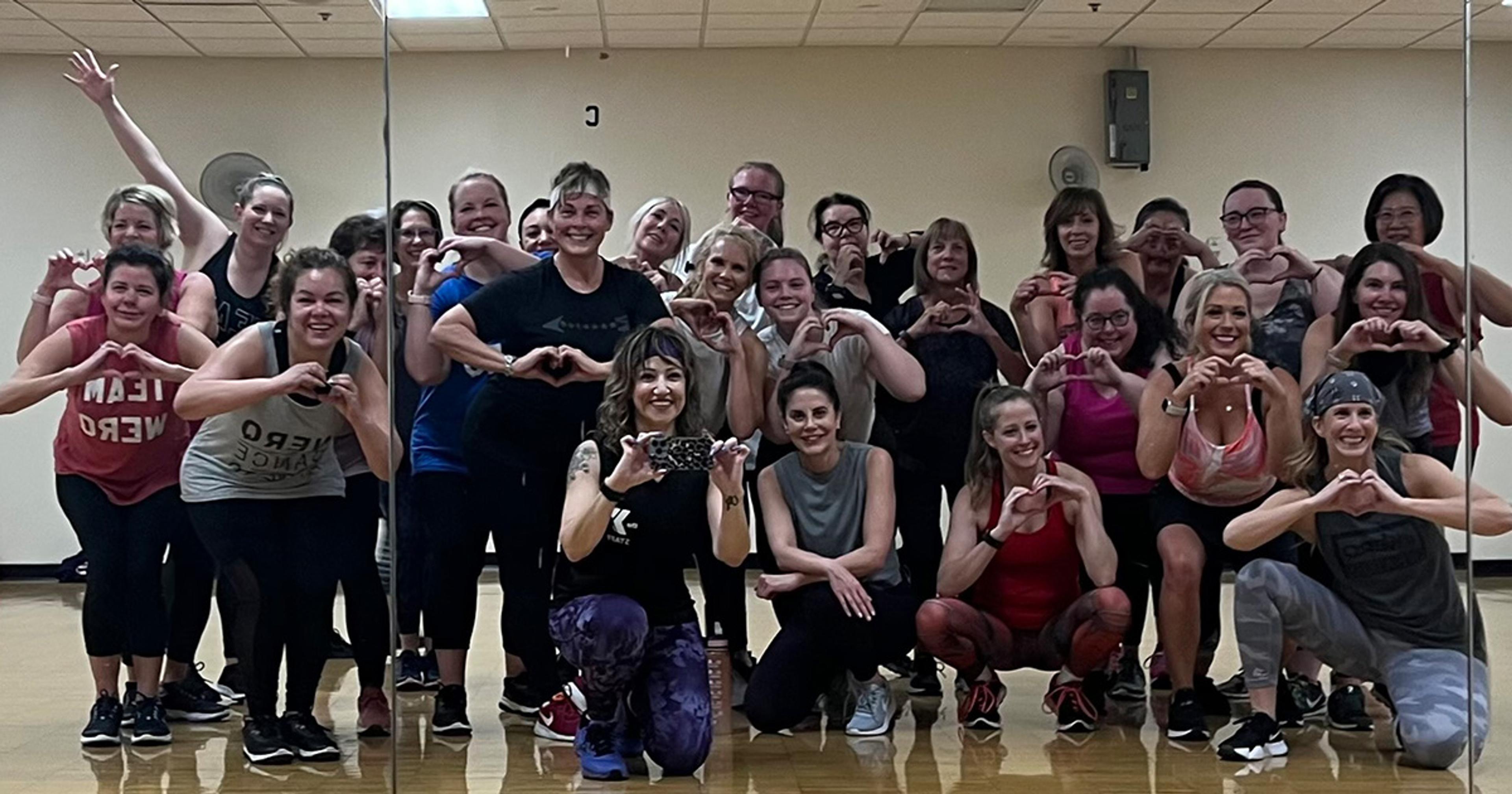8 Wellness Trends That Will Keep You Healthy in 2018
| 3 min read

When it comes to health and wellness trends, there are some classics that stick around every year (think walking and kale). But there are also some new trends that pop up as the latest ways to stay fit and eat well. Last year brought us pressure cookers, matcha and goat yoga, but what’s on tap for 2018? Here are a few coming trends to watch out for, perfect if you’re in need of some inspiration or new ideas to have your healthiest year yet:
- Water Workouts: The pool is going to be one of the hottest places to work out—and that doesn’t just mean swimming. Activities like water aerobics, water walking, underwater spin classes, surfboard yoga and even mermaid classes will be all the rage in 2018.
- Jackfruit, Monk Fruit and Cassava: Nutrition experts forecast that these uncommon fruits are going to be used more and more as substitutes for things like flour (cassava), meat (jackfruit) and sugar (monk fruit). Find them in health food stores or Asian groceries and test them out in your tried-and-true recipes. (Just keep in mind that jackfruit doesn’t have much protein.)
- Tech Detoxes: Leading experts are calling big technology the next “big tobacco.” The addictive habit of constantly checking your phone can impact your mental health—and yet little is being done to address the problem. This year, more and more people will be taking it into their own hands and making themselves detox from their computer, phone and tablet for a day, week or month.
- Building Healthier Workplaces: An expanding group of employers are realizing the importance of rest, mental health and collaboration in the workplace. Anticipate a greater focus on work/life balance, walking desks and earthy tones and textures that create more serene work environments.
- Direct Primary Care with 24/7 Service: The University of Michigan recently announced that it will be dipping its toe into the world of direct primary care with clinics available to local patients. In this model, patients pay doctors a set amount for access to care. What’s more, 100 other local physicians will be doing the same. 2018 is also going to see more 24/7 care options, which is already a huge focus for health care providers like Blue Cross Blue Shield of Michigan.
- Healthy Economy, Healthier Detroiters: Detroit is poised to have a major growth spurt in 2018, with development occurring on the Hudson’s site and new hotels popping up around the city. On the wellness side, that means better public spaces, like the West Riverfront and Atwater Beach. This gives Detroiters a new spot to practice running on the beach (and the previously mentioned surfboard yoga and mermaid classes).
- Functional Fitness: This is all about finding chances to be active as you go about your everyday life. Think strength training via lifting groceries, cardio by taking the stairs instead of the elevator and using your core by sitting on an exercise ball rather than a recliner to watch TV.
- Moringa and Pandan: If you never caught onto the kale or quinoa trend, maybe one of these next big superfoods will be more up your alley. Nutritionally-dense moringa is actually a plant that tastes like a sweeter version of green beans. It’s usually found in powder form here in the U.S. and will be popping up in bars and puffs this year. Pandan leaves can be turned into a paste that’s used to add a unique sweetness to desserts and drinks (it’s used in a similar way to matcha).
What other trends do you see coming in 2018? Tell us in the comments!
Photo credit: SURFIt





